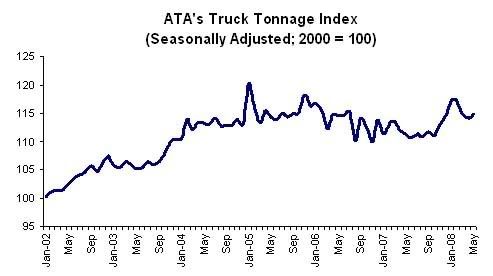The esoteric world of economists is reveling in the attention the ideas put forth to revive our languishing economy have generated. I have watched with interest as the normally tepid prose of the profession becomes more heated (OK - warmed) as various proposals are offered.
One powerful argument is represented by Greg Mankiw, who offers (to me at least) persuasive reasons why tax cuts at the top and to businesses will give us the biggest bang for the buck. He has also offered reasoned arguments on the issue of growing inequality over the past few years....
Let me suggest it is far more crucial to our economic health to convince more Americans our system still works for them, not just some. Further, doing more of the same, i.e. cutting top tax rates, does little toward that goal, even if the models suggest it is the best of all possible choices. In contrast, everybody gets to use good roads or new schools.
I get proponents' point about multiplier effects and how tax cuts are the fastest, easiest most powerful way to jump-start the economy. But it looks a like a economic sugar high to me. And recent tax cuts produced an awful lot of ephemeral wealth, it seems. Surely a mixture of the two should not be dismissed out of hand by the economic community.
Academia's estrangement from the real world by virtue of tenure allows it a curious detachment from such ideas that engage non-tenured minds, at least until sufficient historical data accrues to make it worth studying. This myopia seems most pronounced the further up the ladder experts ascend. I have begun to weigh opinions from private sector economists with more respect, since they have much more on the line when they put forth proposals.
Our economy is suffering from a crisis of confidence by a large number of people who don't even know what a multiplier is. Or particularly care. And oddly enough, their opinions matter too. Actions that cause them to view the future with less alarm, or make less dysfunctional econiomic decisions are not to be despised.
Right now everyone, including the rich, is unnerved by the economy. The money being sent to the banks by the Feds is not being lent. Some of it is being blown on bonuses, dividends and acquisitions—but a lot of it is being stuffed in the vaults. Tax cuts without a change in social psychology will just lead to more money being "stuffed into mattresses".
Moreover, as Mr. Phipps points out, infrastructure has tremendous multiplier effects on the future productivity of the economy. America has suffered through years of underinvestment in the public and private sector. We plunged into debt to fund consumption, not investment. Now we have a fairly massive infrastructure deficit along with an enormous financial debt. The ribbons of steel, concrete and fiber that our economy flows across are worn out and overloaded. Rebuilding them will not only put people to work (and in the process inspire confidence) but also lays the groundwork for future growth and prosperity.
